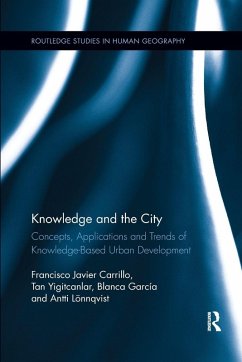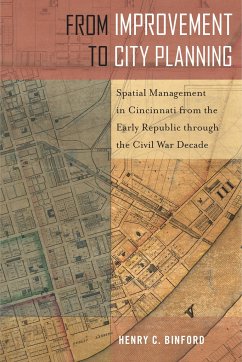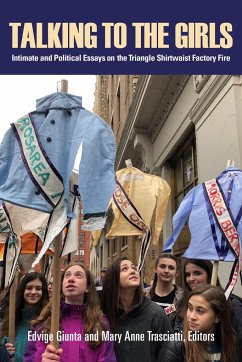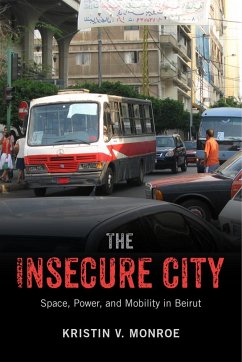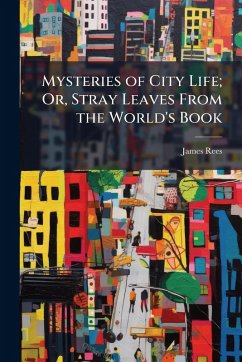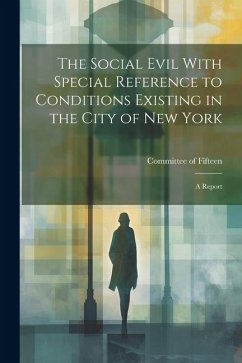
The Right to the City
Social Justice and the Fight for Public Space

PAYBACK Punkte
20 °P sammeln!
In the wake of recent terrorist attacks, efforts to secure the American city have life-or-death implications. Yet demands for heightened surveillance and security throw into sharp relief timeless questions about the nature of public space, how it is to be used, and under what conditions. Blending historical and geographical analysis, this book examines the vital relationship between struggles over public space and movements for social justice in the United States. Presented are a series of linked cases that explore the judicial response to public demonstrations by early twentieth-century worke...
In the wake of recent terrorist attacks, efforts to secure the American city have life-or-death implications. Yet demands for heightened surveillance and security throw into sharp relief timeless questions about the nature of public space, how it is to be used, and under what conditions. Blending historical and geographical analysis, this book examines the vital relationship between struggles over public space and movements for social justice in the United States. Presented are a series of linked cases that explore the judicial response to public demonstrations by early twentieth-century workers, and comparable legal issues surrounding anti-abortion protests today; the Free Speech Movement and the history of People's Park in Berkeley; and the plight of homeless people facing new laws against their presence in urban streets. The central focus is how political dissent gains meaning and momentum--and is regulated and policed--in the real, physical spaces of the city.
Alle Preise in Euro und inkl. der gesetzl. MwSt. | Innerhalb Deutschlands liefern wir preisgebundene Bücher versandkostenfrei. Weitere Informationen: bitte hier klicken
Support
Bitte wähle dein Anliegen aus:
Rechnungen
Bestellstatus
Retourenschein
Storno




